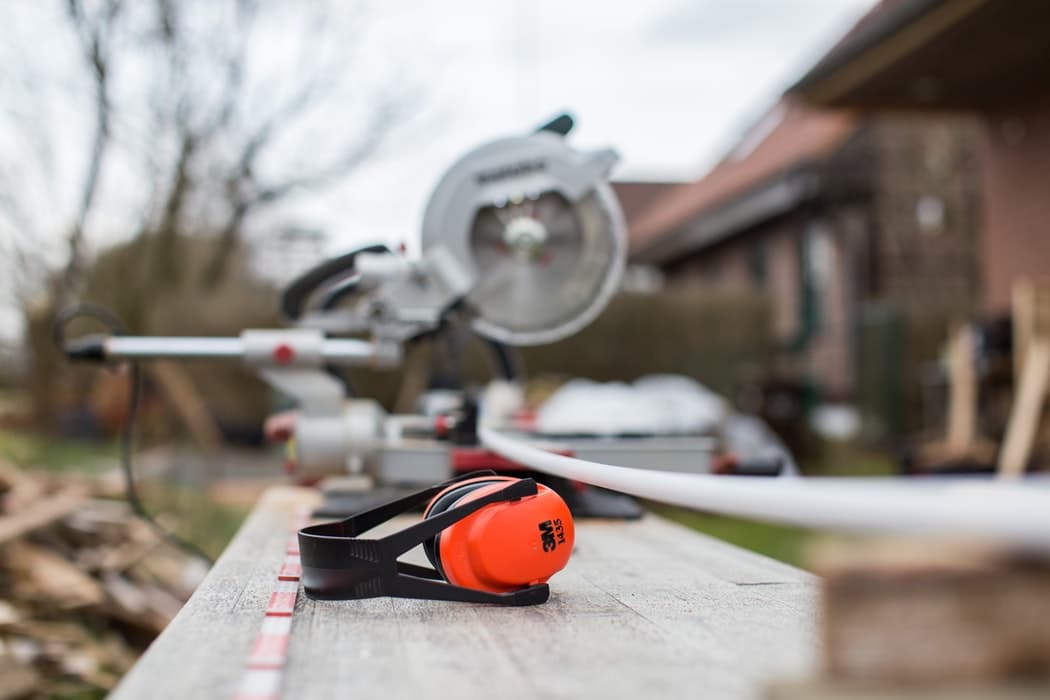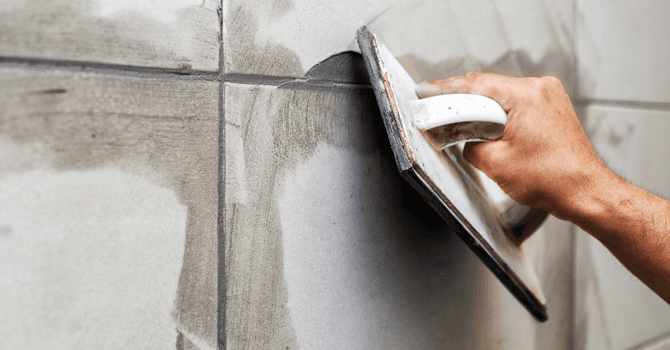Neighbourly relations during home renovation projects
By Léa Plourde-Archer
Updated on November 8, 2023

Relationships between neighbours can be affected when a punctual event starts to disturb the usual tranquil atmosphere. Oftentimes, home renovation projects can be one of the events that serve as a trigger to provoke conflicts. Fortunately, this is a situation that can easily be resolved by conducting a fair and balanced discussion between the involved parties. However, in some rare cases, things may unravel and cause real problems.
Are you unsure of how to tackle a conflict that arises from a renovation project, as well as the consequences it may have? Here are some scenarios as well as possible solutions:
Conflict between neighbours during a renovation project: what you should do
There are several sources of conflict that can cause problems between neighbours during the course of a renovation project. The most common aspects are noise, dirt, access to land and clutter.
In the city, noise levels are controlled by laws and regulations established by municipalities and condo associations. The party carrying out the renovation project is therefore bound to respect these provisions.
Other problems can also be considered as neighbourhood disturbances and may fall under legislation. For more specific information, you must contact your local authorities.
Please note: the term neighbour can also imply non-immediate neighbours. For example, in Quebec, there is a case where the neighbours lived more than 1.5km apart. Please check for the definition of a neighbour in your province.

You are the one completing a home renovation project
In this article, we will address both cases where you are the party that is completing the work, as well as the opposite situation. Indeed, in both cases, it is interesting to know the rights and recourses for each person implicated in the conflict.
Is your neighbour complaining?
Before you defend yourself, try to hear their point of view. Sometimes, in the chaos of a renovation project, we do not realize the impact that it may be having around us.
If you feel that their demands are reasonable, see if you can reach a compromise. In general, contractors are used to working with constraints in order to avoid neighbourhood disturbances and they will respect them when necessary.
You haven’t received any complaints yet, but are afraid of receiving them?
Make sure you comply with all applicable laws and regulations related to home renovations. In doing so, you will be well prepared if a neighbour initiates proceedings against you.
Your recourses
You are of course entitled to defend yourself! If the out-of-court settlement did not work, you should seek legal advice related to your specific case. Here are a few possibilities of what could happen if the neighbour in question decides to take their case further:
- You could try mediation
- You could go to the small claims court
- You could sign an agreement in front of a notary
Your neighbour is the one renovating and causing problems
First of all, find out what regulations are associated with the situation that you consider problematic. By-laws and regulations regarding noise levels vary from city to city.
For example, in Montreal, some types of work such as sawing wood, welding, carpentry, bodywork, construction work or installation of equipment must be completed between 7 am and 7 pm on weekdays, between 10 am and 6 pm on Saturdays and between noon and 6 pm on Sundays. Other cities are stricter.
In Toronto, construction hours are also restricted in quiet zones and residential areas. The permitted hours are 7 am to 7 pm on weekdays, 9 am to 7 pm on Saturdays and all construction noise is prohibited on Sundays (and statutory holidays).
Here is another example of a problem :
Your neighbour and/or the people completing the renovations start to pass through your property during the renovation project.
Save for some exceptions, if they do not have your permission, they have no right to do so. In addition, they must prove that this is the only way to access the place they are working on. If they do not ask for your permission and most importantly, if they cause damage to the property, you may summon them to stop and to restore the affected items.
This article published by Educaloi presents several situations in which a person wonders what they should do if they feel they are being subject to a neighbourhood disturbance. However, please make sure that the recommendations are also valid where you live, as laws and regulations vary from city to city and province to province.
Your recourses
So, you’ve determined that you were right to make a complaint? Neighbourhood relationships are unique in that they can have a big impact on your everyday life. Therefore, it is very important to manage the conflict properly in order to prevent things from degenerating in the long run. That is why it is recommended that you try to work on an amicable agreement in the first place.
Share your grievances and see how they respond. If they are open to finding a compromise, you can nip the problem in the bud.
However, if an agreement is not possible, you will be able to move forward with other recourses. The following article outlines the procedures you can take if you have problems with a contractor, but most of the recourses presented are also relevant in other types of litigation. Do not hesitate to check out this article to find out more: Legal recourses for a poorly executed renovation project.

The legal conflict is happening: where to start?
Few people are used to working with available recourses to resolve conflicts. As a result, these procedures may seem daunting and inaccessible. This is why Legalhood exists. This tool gives everyone access to recourses and defences by offering the opportunity to send a formal notice at little cost, to negotiate online and to speak to a lawyer for advice.
With the help of this service, we hope that you will be able to solve the problem in order to preserve neighbourly relations!
Note: This text presents options for recourses when a disagreement occurs between neighbours during a renovation project. It does not represent legal advice. For specific advice pertaining to your case, please contact a lawyer.
Looking for something else?
Related articles
The latest industry news, interviews, technologies, and resources.

Editorial Team
•24 Sep 2024
Do you live in a rural area or have a summer home that isn't connected to a local water system? If so, you probably have a functioning septic system. How can you make sure your conventional on-site disposal system is working properly? What are the best practices to uphold to extend the service life of your sanitary installation and prevent damages? The key to a system's longevity is understanding its inner workings, whether your property is equipped with a conventional or non-conventional system.

Amanda Harvey
•08 Nov 2023
To any homeowner, termites are a dreaded potential pest. Although they play an important role in the ecosystem by recycling wood, facilitating the decomposition of organic matter, replenishing essential nutrients in the soil and assisting in the growth of new plant life, these little buggers can't tell the difference between a tree and a house.

Editorial Team
•08 Nov 2023
When properly installed, ceramic tiles are a beautiful resurfacing option. The complexity of a tiling project lies not so much in the execution but in the details required to do it right.
Editorial Team
•21 Jan 2025
LogisVert is the new financial assistance program that was launched by Hydro-Québec over the summer of 2023, encouraging homeowners to carry out energy-efficient renovations. In the hopes of favouring an energy-efficient transition while also reducing the carbon footprint left behind by residential buildings, this program was established to financially aid homeowners who are considering improving the energy efficiency of their homes. In this article, we’ll take a closer look at the primary factors encompassing the LogisVert program and its eligibility criteria.

Cynthia Pigeon
•08 Nov 2023
Besides opening up to the outside world, windows in a home also help maintain that precious warmth we so desperately crave during the winter months. When it is time to replace them, it is also important to consider the appropriate type of framing that will both meet your aesthetic and thermal needs.